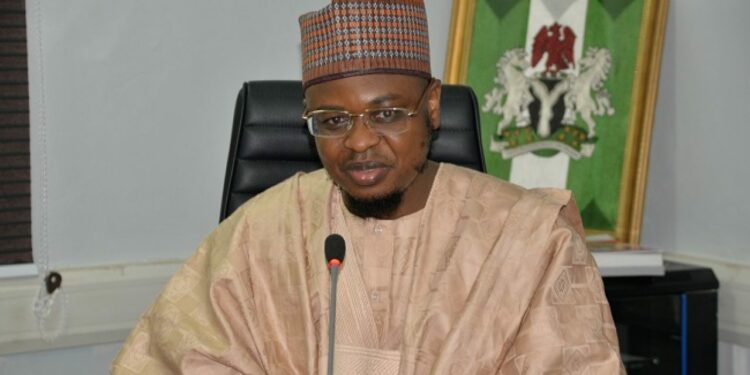- Prof. Isa Ali Pantami called for a review of immunity for leaders to enhance accountability in governance during Nigeria’s 64th Independence Anniversary
- Pantami emphasized that in Islam, leaders should not have immunity, and they should advocate for equality before the law and accountability for all
Former Minister of Communication and Digital Economy Prof. Isa Ali Pantami has called for a review of immunity granted to leaders to promote accountability in governance.
Pantami made the statement on Sunday in Abuja during the annual state lecture of The Muslim Congress (TMC), which marked Nigeria’s 64th Independence Anniversary. The event focused on the theme: “Building a Great Nation: Collective Responsibility of the Leader and the Led.”
Pantami emphasized that in Islam, leaders are not protected by immunity. He argued that while immunity may offer temporary protection for those in office, it can lead to accumulated legal issues once they leave.
“Sometimes it’s good for you but allows you to accumulate problems. After leaving office, many face numerous charges, even as high as 50 or 120. This doesn’t prevent justice, it only delays it,” he stated.
Pantami cited historical examples from Islamic governance, noting that even great leaders like Ali ibn Abi Talib and Umar ibn Khatab were held accountable under the law.
“In Islam, the rule of law applies equally to leaders and citizens. Everyone can be questioned, and justice demands equality before the law,” he said.
Alhaji AbdusSalam Adegboyega AbdurRazaq, a former Director of Public Affairs at Voice of Nigeria (VON), also spoke at the event.
He reflected on the leadership qualities of past Muslim rulers, noting that they did not ask their people to make sacrifices while living in luxury. Their integrity and trust in God fostered respect, trust, and social stability, leading to economic growth and educational advancement.
Earlier in the program, TMC leader Alhaji AbdulWasi’I Bangbala spoke about the significance of Nigeria’s Independence Day, noting that the struggles Nigerians face are not mere statistics but represent real hardships. He emphasized the importance of collective responsibility in addressing the country’s current challenges.










Discussion about this post